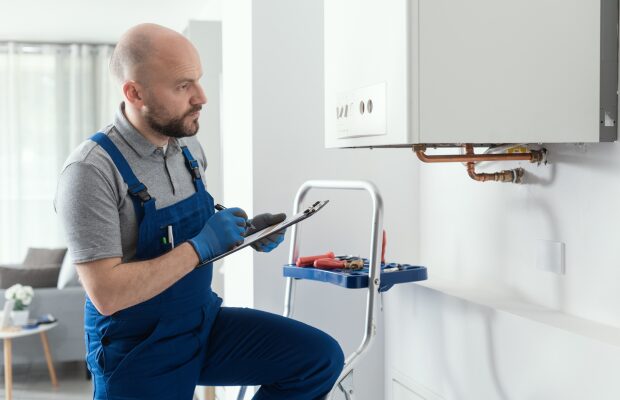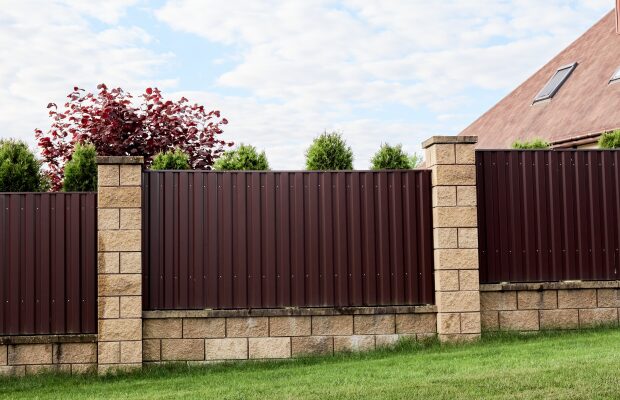When you begin your search for a new home, it’s likely you’ll have a list of must-haves that your new property must include. Whether this is the location and proximity to schools, or the number of bedrooms in the property itself, it’s likely that your list of non-negotiables will get smaller the longer your property search takes.
There are some things, however, that you can afford to let slide. Here, we run through some compromises that are worth making.
The finish
Many homes are move-in ready, and their asking price will reflect this. But a great way to make a home truly your own is to invest in a fixer-upper. Compromising on some of the home’s design gives you the freedom and flexibility to create your dream home, while also increasing its value in the long run.
Older homes or fixer-uppers may offer lower purchase prices but require significant renovations or repairs. Be prepared to invest time, effort, and money into bringing the property up to scratch.
Related: How to make your period property more energy efficient
Outside space
British summertime is somewhat temperamental, so it’s important to ask yourself what your outdoor space means to you.
Are you looking for an expansive garden, fit for plenty of summer parties, or could you compromise on a more quiet and secluded outdoor area to bask in the occasional British sunshine?
Location
One of the most common compromises in property buying is the location versus budget dilemma. Often, properties in prime locations come with a higher price tag.
Buyers may need to decide whether to invest in a smaller property in a desirable postcode area or a more spacious one farther away. Consider your lifestyle, commute, and future property value when making this choice.
Budget flexibility
It’s crucial to establish a realistic budget and stick to it. However, you should also be prepared for some flexibility.
Unexpected costs can arise during the buying process or after moving in. Having a safety-net fund can help you manage unexpected expenses without jeopardising your financial stability.
Fixtures and fittings
The term ‘fixtures and fittings’ is used frequently during buying and selling processes. Fixtures are assets that are attached to the building itself, whereas fittings are not permanently attached.
When negotiating fixtures and fittings, it’s important to remember that there is no standardised legal framework in UK law to dictate what gets left behind by the seller.
It’s important to be upfront and honest from the get-go about which fixtures and fittings you would like to stay in the property, and then be prepared to compromise if the seller’s plans do not align with your own.
Whether you’re buying or selling, contact your local Parkers branch for expert advice







